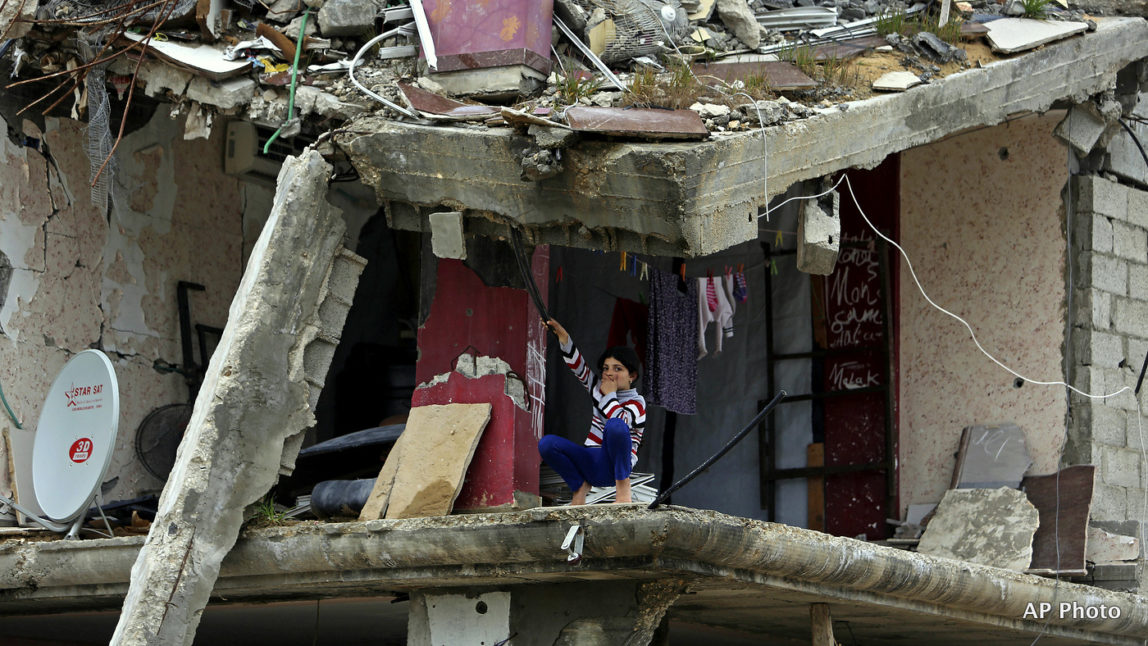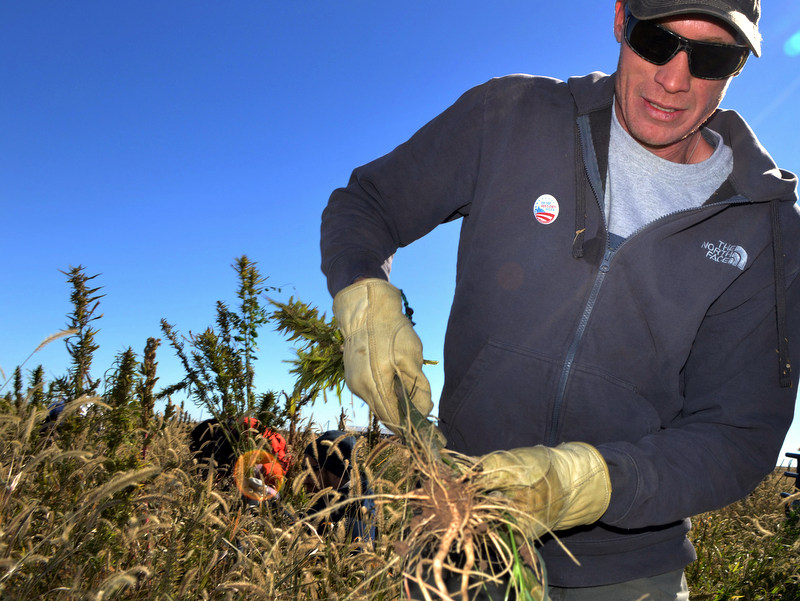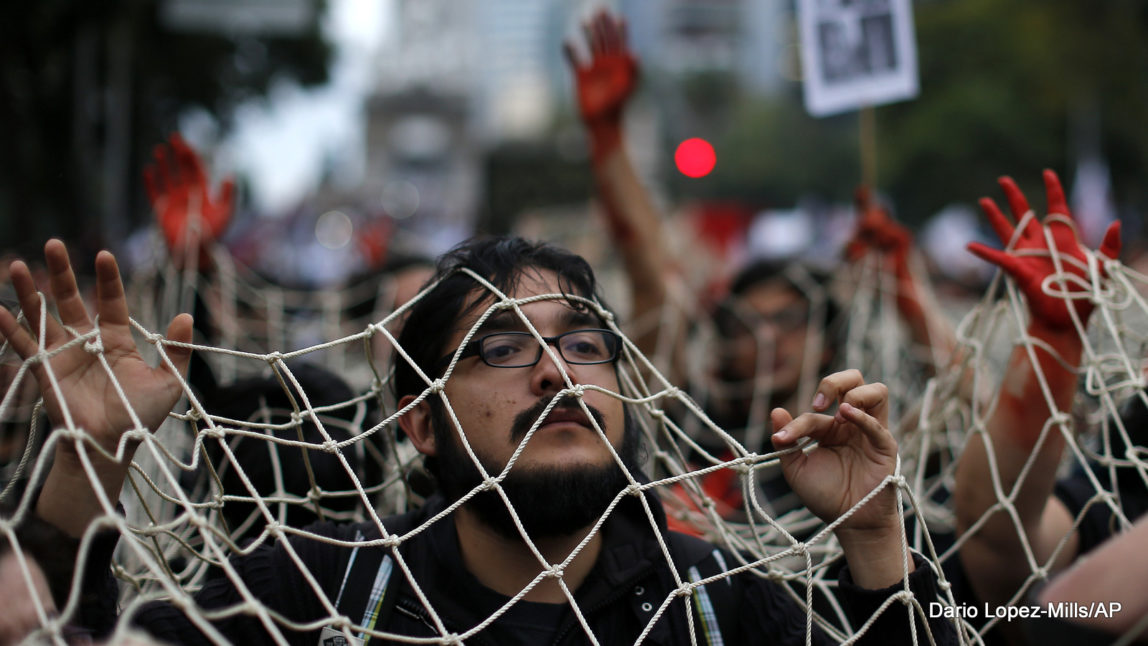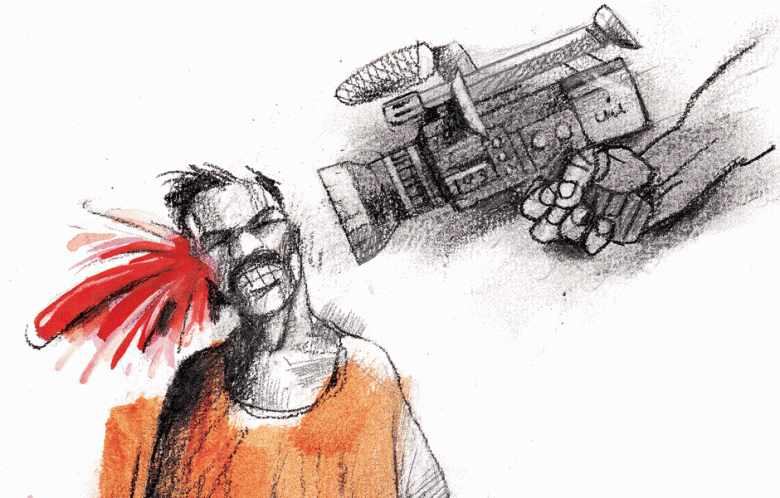A Palestinian girl sits inside a room of her family's building which was damaged in last summer's Israel-Hamas war, in the Shijaiyah neighborhood of Gaza City, northern Gaza Strip, Monday, Feb. 23, 2015. Despair and destruction continue to envelop the blockaded Gaza strip, where the rebuilding of vital structures could take up to a century,
Oxfam: Could Take 100 Years To Rebuild Gaza
‘Only an end to the blockade of Gaza will ensure that people can rebuild their lives.’ —Catherine Essoyan, Oxfam






